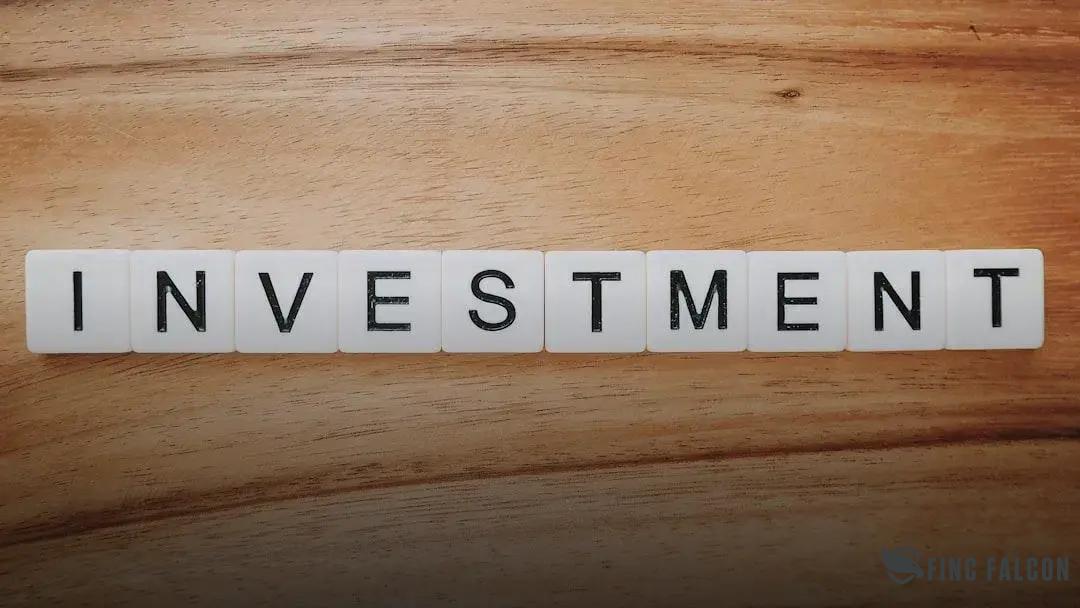Starting to invest in your 20s can have a profound impact on your financial future. By taking advantage of compound interest, you can grow your wealth more effectively. Secure a better financial future by utilizing your early years for investment. Let’s explore how beginning this journey now can benefit you in the long run through critical steps like understanding compound interest, building financial security early, and developing future growth habits.
The Power of Compound Interest
When discussing the reasons to start investing early, one cannot overstate the importance of compound interest. This mathematical phenomenon allows your investments to generate earnings, which are then reinvested to produce their own earnings. Over time, this accelerates the growth of your investments substantially.
Consider this: even if you start with a modest amount, by consistently investing and reinvesting your interest, your wealth can grow exponentially over the years. The key lies in the length of time your money is allowed to compound. The earlier you start, the more time your investments have to grow.
The magic of compound interest highlights why it’s beneficial to begin investing in your 20s. This early start maximizes the timeframe for compounding, effectively allowing your money to work harder for you in the long term. Each year matters significantly, and time truly is money when it comes to investing. By harnessing the power of compound interest, you set a strong foundation for your financial future, leveraging patience and time to your advantage.
Building Financial Security Early

Starting to build financial security in your 20s is crucial for establishing a solid foundation for future wealth. This is the time when you can take advantage of fewer responsibilities, allowing more flexibility in your budget. With fewer pressing financial obligations, channeling funds towards investments can significantly enhance your net worth.
One of the significant advantages of investing early is the potential to capitalize on compound interest. With more time ahead before retirement, money has a greater chance to grow exponentially. Even small contributions consistently made during your 20s can accumulate considerably by the time you reach your 50s.
It’s important to develop strong financial habits early. Creating a budget, reducing unnecessary expenses, and saving consistently are all practices that contribute to financial security. Learning these habits paves the way for a disciplined approach to investing.
As young investors often have a larger risk tolerance, you can explore diverse investment options. Consider investing in stocks or mutual funds and take advantage of employer-sponsored retirement plans like a 401(k), if available. Understanding and managing risk, when done early, can yield substantial rewards over time.
Moreover, fostering a financial literacy by staying informed through resources like financial blogs, podcasts, or online courses is invaluable. It empowers you to make informed investment choices and to identify the most suitable strategies for your financial goals.
Harnessing Risk in Your Favor
One of the key advantages of starting your investment journey in your 20s is the ability to harness risk to work in your favor. Younger investors have a unique opportunity to take on more risk compared to older individuals because they have a longer investment horizon. This means they can ride out market volatility and potentially gain higher returns.
Incorporating diversified investments such as stocks, bonds, and mutual funds can assist in managing risk efficiently. Stocks, while risky, tend to offer higher returns over time, and young investors can afford to stay invested during the inevitable market fluctuations.
Moreover, investing in your 20s allows you to learn and adapt to market conditions, encouraging a deeper understanding of the financial world. This experience can make you a more seasoned investor, able to make strategic decisions as you grow older.
Rebalancing your portfolio periodically is another strategy to manage risk effectively. By doing so, you ensure that your asset allocation remains aligned with your risk tolerance and investment goals, providing a balance between risk and return.
It’s crucial to remember that with risk comes the potential for significant rewards. Taking calculated risks in your investments during your 20s can lead to a more robust financial future. Always stay informed and consider seeking advice from financial professionals to tailor your approach to risk management suited for your personal situation.
Developing a Habit for Future Growth

Developing a habit of investing in your 20s is crucial for ensuring financial prosperity in the long run. By consistently allocating a portion of your income towards investments, you
instill discipline
in your financial practices. This discipline is essential for increasing your wealth over time.
Habits created now form the foundation for future financial success. Young investors have the advantage of time on their side. Time not only amplifies the impact of compound interest, but it also allows for more opportunities to learn and adjust strategies as needed. Starting early reduces the pressure to save large sums later in life.
Additionally, developing the habit early encourages a deeper understanding of the market and investment options. You’ll be able to make informed decisions and navigate risks more ably, ultimately leading to a robust and diverse investment portfolio.
Creating a regular schedule for reviewing and adjusting investments ensures continued growth and adaptability. Over time, this can turn into a form of passive income, providing financial freedom and security.
Resources to Start Investing Today
Starting your investment journey in your 20s can be an exciting venture. Equipping yourself with the right resources is crucial. The internet is vast and full of both free and paid tools to enhance your financial literacy and investment capabilities.
Online platforms such as Investopedia are great for broadening your knowledge. They provide educational articles, tutorials, and even quizzes that help you grasp essential investment concepts. Their Stock Simulator allows you to practice with virtual money before diving into real investing.
For those who prefer learning through courses, websites like Coursera and Udemy offer classes tailored to beginner investors. These courses often cover topics from stock market basics to understanding financial statements.
Investing apps such as Robinhood, Acorns, and Stash make it easier to begin investing with little capital. These platforms allow fractional shares, thereby lowering the barrier to entry.
Another valuable resource is podcasts. Listening to investment-related discussions can provide insights and introduce new strategies. Popular options include ‘The Dave Ramsey Show’ and ‘The Investor’s Podcast’.
Lastly, joining investment communities, either online or at local meetups, connects you with others who share your financial goals. These groups often exchange tips and offer peer support, crucial in refining your strategies.





